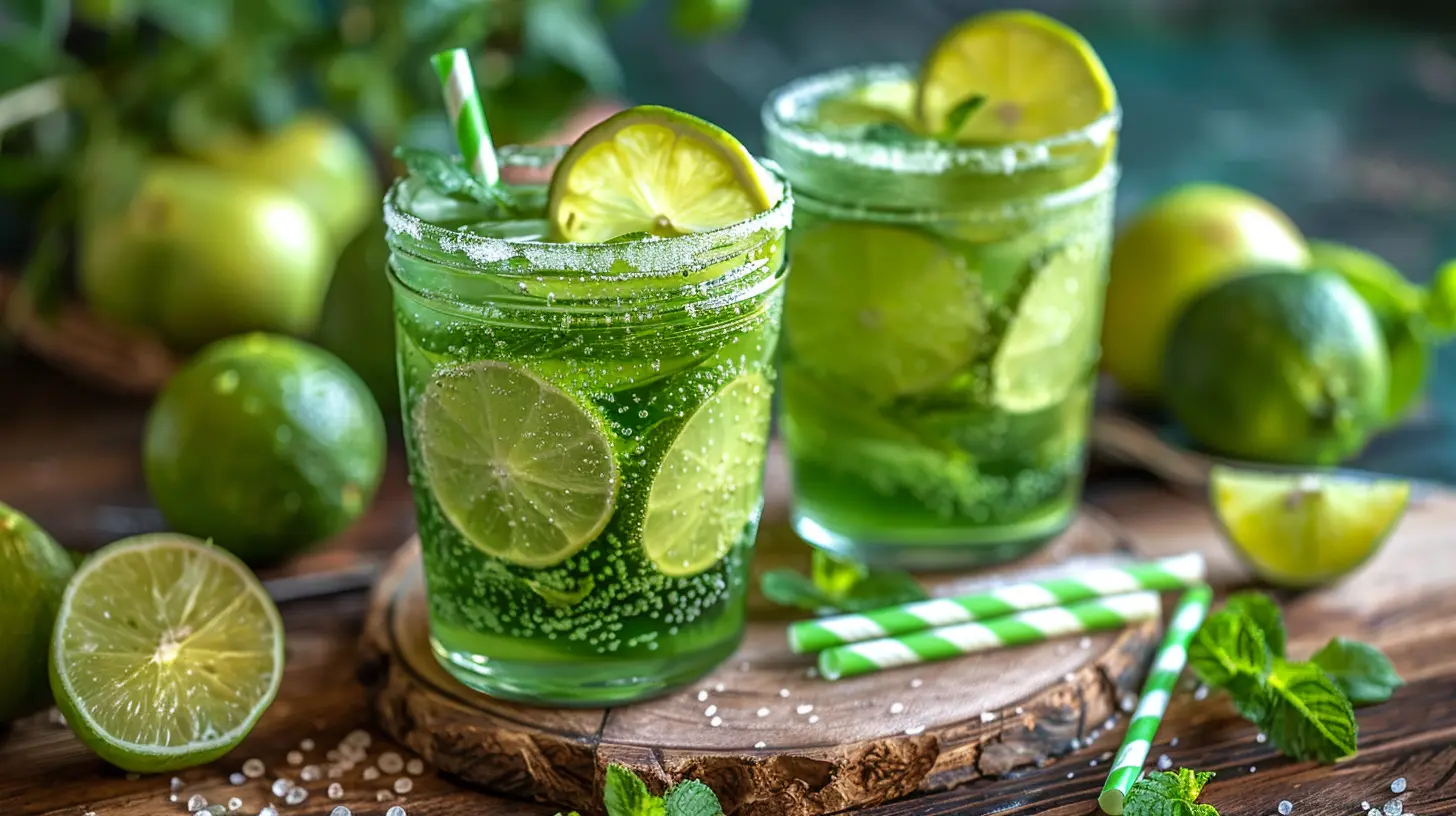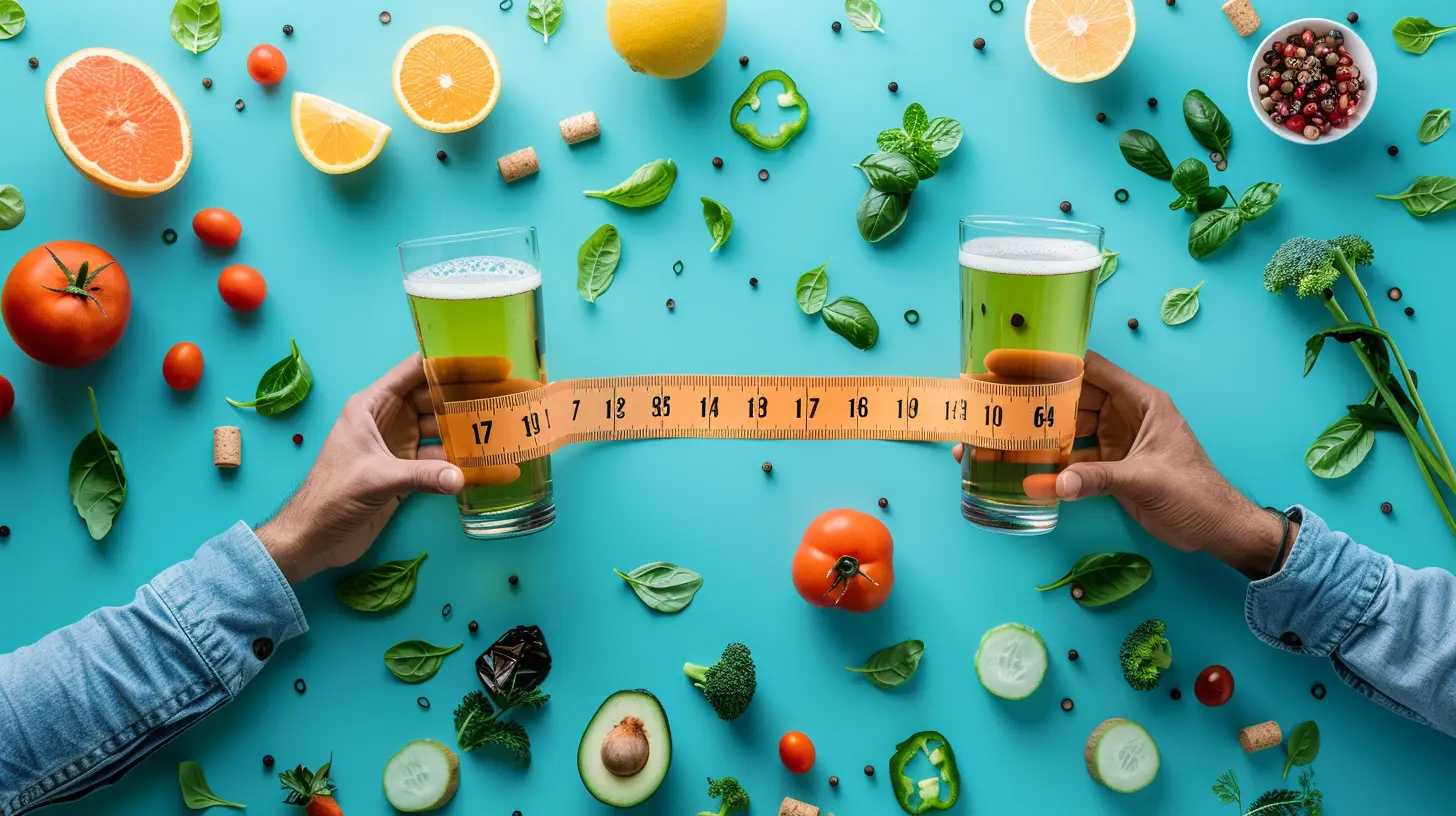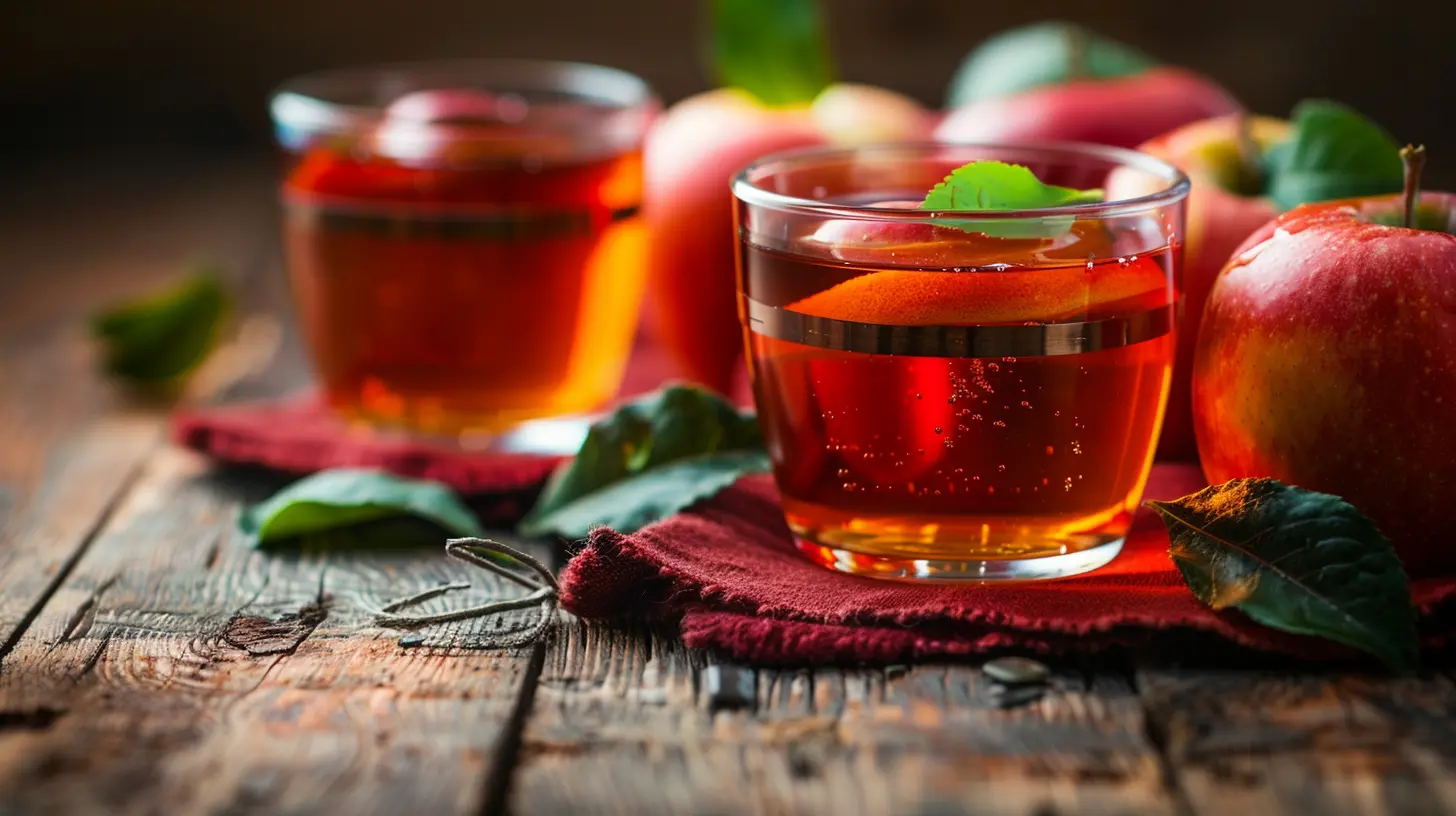How Alcohol Impacts Your Weight Loss Goals
16 September 2025
Losing weight is hard enough without alcohol throwing extra hurdles in your way. You might think a few drinks here and there won't hurt, but alcohol can silently sabotage your progress in ways you never expected. From hidden calories to metabolic slowdowns, your happy hour habit might be the reason the scale isn’t budging.
So, if you're serious about hitting your weight loss goals, let's break down exactly how alcohol affects your body—and why it might be time to rethink those weekend cocktails. 
1. Alcohol Is Packed with Empty Calories
One of the biggest weight loss enemies? Hidden calories. And alcohol is loaded with them.A single shot of liquor can have around 100 calories, a glass of wine sits at about 120-150, and a pint of beer can be over 200. And that’s before you add sugary mixers like soda or juice.
Unlike proteins, fats, or carbs, alcohol provides zero nutritional benefits—just empty calories that do nothing but add to your daily intake. If you're not careful, a night out could easily add 500–1,000 extra calories, which completely throws off your calorie deficit.
Would you ever sit down and eat six slices of bread in one sitting? Probably not. But that's essentially what you're doing when you have a few beers. 
2. Alcohol Slows Down Your Metabolism
Your body treats alcohol like a toxin, meaning it prioritizes breaking it down over everything else—especially fat burning.When you drink, your liver shifts all its focus to metabolizing alcohol, putting fat metabolism on hold. Studies suggest that alcohol can slow fat oxidation by up to 73%, meaning your body burns way fewer calories than it normally would.
Translation? Your late-night margaritas could be the reason you're not shedding fat as quickly as you’d like. 
3. Alcohol Lowers Your Willpower and Leads to Overeating
Ever noticed how a few drinks make you crave junk food? There’s a reason for that.Alcohol impacts your brain’s decision-making abilities, making you more likely to overeat—and not just any food. People under the influence tend to go for greasy, high-calorie meals rather than nutrient-dense options.
Think about it: how many times have you ended a night of drinking with pizza, burgers, or a late-night fast-food stop? Those extra calories add up fast and completely derail your weight loss efforts. 
4. It Messes With Your Sleep (Which Affects Weight Loss)
Sleep plays a huge role in weight loss, but alcohol can mess with your rest more than you think.While booze might help you fall asleep faster, it disrupts your sleep cycle, preventing deep, restorative sleep. Poor sleep affects hormones like leptin and ghrelin, which control hunger and satiety.
When you're sleep-deprived, cravings for sugar and carbs skyrocket, making it even harder to stick to a healthy eating plan. So that nightcap? It’s doing way more harm than good.
5. Alcohol Leads to Increased Belly Fat
If you’ve ever heard the term "beer belly," there’s a reason for it.Alcohol, especially beer and sugary cocktails, contributes to abdominal fat accumulation. Since excess calories from alcohol are stored as fat—often around your midsection—you could be unintentionally growing your belly despite your best efforts in the gym.
Belly fat (also known as visceral fat) is the most dangerous type of fat because it surrounds your organs and increases the risk of heart disease, type 2 diabetes, and other serious health conditions.
6. It Dehydrates You and Impacts Performance
Alcohol is a diuretic, meaning it dehydrates your body and can leave you feeling sluggish the next day.If you're someone who enjoys working out, drinking can make it harder to stay active. Dehydration leads to decreased energy levels, muscle fatigue, and even poor recovery after a workout. When you're not properly hydrated, your athletic performance takes a hit, making it harder to stay consistent with exercise.
A night of drinking could mean a skipped workout or, at the very least, a less effective one.
7. The “Moderation” Myth – Does It Really Exist?
Many people justify drinking by saying, “Everything in moderation.” While that may be true for some foods, alcohol interacts with your body in ways that make moderation tricky.For some, "just one drink" turns into three or four. And if you're drinking regularly, even in small amounts, the negative effects still add up.
If you truly want to see weight loss results, limiting or completely cutting out alcohol might be the game-changer you need.
So, Should You Quit Drinking to Lose Weight?
The reality is, you don’t have to quit drinking entirely to lose weight—but cutting back will certainly help. If you do choose to drink, here are some tips:- Choose lower-calorie options – Stick to light beer, dry wine, or spirits with zero-calorie mixers (like soda water).
- Drink in moderation – Limit yourself to 1-2 drinks and set a weekly limit.
- Stay hydrated – Alternate alcoholic drinks with water to reduce dehydration.
- Plan ahead – Eat a protein-rich meal before drinking to help control cravings.
- Avoid binge drinking – The more you drink, the worse the effects on your metabolism and weight loss.
At the end of the day, the best thing you can do for your weight loss journey is to be mindful of what you put into your body—including alcohol. If you’re struggling to shed those last few pounds, your drinking habits might be the hidden culprit.
So, the next time you reach for that cocktail, ask yourself: is it worth slowing down your progress?
Final Thoughts
Alcohol isn't just a fun social drink—it plays a direct role in weight gain, metabolism slowdown, and poor food choices. If you're serious about losing weight, minimizing alcohol intake could be one of the most effective changes you make.There's nothing wrong with the occasional drink, but if you're wondering why your weight loss efforts seem stuck, it's time to take an honest look at your alcohol consumption. After all, why let a few drinks undo all the hard work you’ve been putting in?
By making smarter choices, you can still enjoy a social life without sabotaging your fitness goals. Cheers to that!
all images in this post were generated using AI tools
Category:
Weight LossAuthor:

Sophia Wyatt
Discussion
rate this article
1 comments
Soren Scott
Alcohol can significantly hinder weight loss by adding empty calories, increasing appetite, and lowering inhibitions, leading to poor food choices. Understanding its metabolic effects is crucial for making informed decisions that support your weight loss journey effectively.
September 23, 2025 at 5:00 AM

Sophia Wyatt
Thank you for your insightful comment! You're absolutely right—alcohol can complicate weight loss efforts in several ways, and understanding these effects is key to making better choices.


